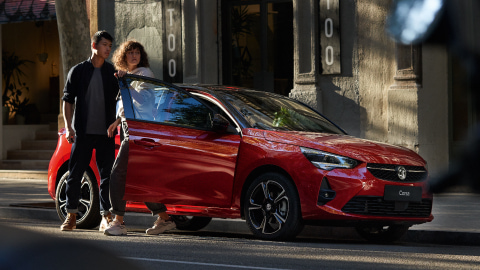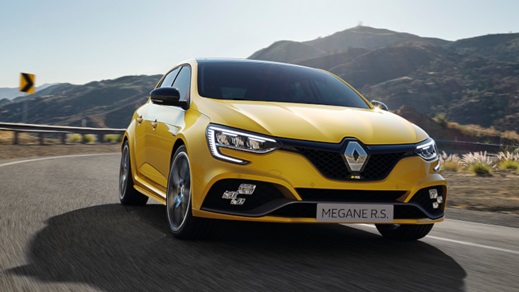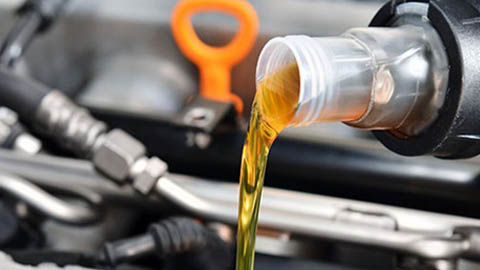Evans Halshaw Blog
The Evans Halshaw Blog covers buying, selling, owning, and much more.
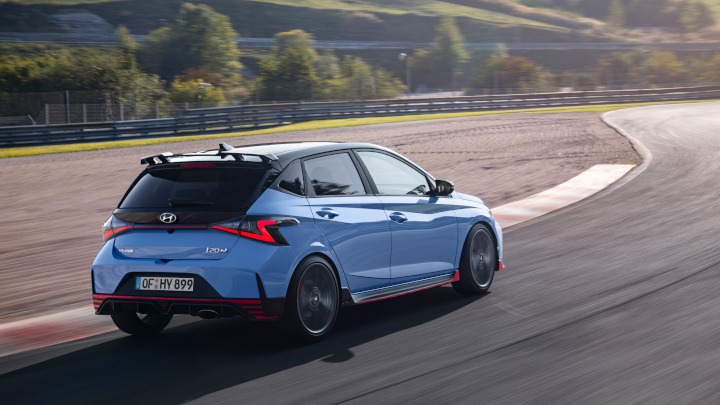
Motoring can be complicated at times, leaving many searching for guidance and answers to various topics and commonly asked questions. Whether you're looking to buy, sell, or maintain your car, or just fancy an interesting read, our team of expert contributors have researched and written an array of articles to help out.
Our topics include:
Buying Guides
Thinking about buying a car or van but not sure where to start? From explaining the different types of finance available, to highlighting the best vehicles within each segment, our buying guide blog section covers a variety of topics related to the purchase of a vehicle.
Latest Buying Guides
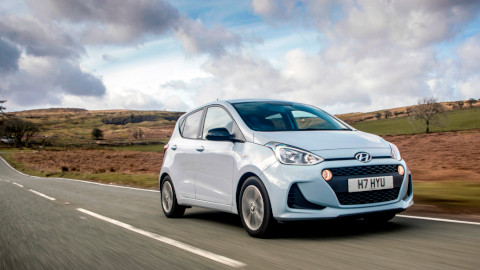
Top 10: Best Small Cars to Buy in the UK for 2025
We highlight the top 10 best small cars to buy in 2025, including the Ford Puma, Hyundai i10, and Dacia Sandero.

When is the Best Time to Buy a Car in the UK?
We explore the key times to buy a car and what you can expect from the new and used car market throughout the year.

Top 10: Best First Cars for New Drivers in 2025
First cars need to be safe, cheap to run and easy to drive. With this in mind, we take a look at ten of the best.

What Mileage is Good for a Used Car? | High, Low and Average
Buying a used car but are unsure what a good mileage is? We look at the factors that could affect the used car you're looking at.
Owner's Guides
Owning a car or van comes with a range of responsibilities that can often be confusing. MOTs to road tax and everything in between, our Owner's Guides section helps you understand a variety of aspects of vehicle ownership.
Latest Owner's Guides

What Does SORN Mean? How to Declare Your Car as Off the Road
Taking your car off the road? Discover how to apply for a SORN, when it’s needed, and how to get your vehicle back on the road smoothly and legally.

Guide: How to Fix Car Paintwork, Scratches and Small Dents
This article explores the various ways you can repair your vehicle's paint chips, minor dents, and scratches at home and provides a list of tools needed.

What are the Best Shoes to Wear When Driving?
Learn about the most appropriate footwear for driving, and what shoes you should avoid for a safe and efficient journey.

Toyota Dashboard Warning Lights | What Do They Mean?
This blog article gives useful insight into the warning lights that may appear on your Toyota's dashboard.
Selling Guides
So, the time has come to exchange your vehicle for something newer. Or maybe you just want to sell it for good? Our selling guide section covers all things related to selling your vehicle to help you understand what options you have when parting ways with your motor.
Latest Selling Guides

How to Sell a Deceased Person's Car in the UK
Looking to sell your car with current outstanding finance? We detail a few ways you can do just that in this handy guide.

How to Sell a Car | Top Tips for a Successful Sale
Learn the essential steps and methods for selling your car quickly and successfully, from preparation to finalising the sale.

Can You Part Exchange a Car With Outstanding Finance?
Part exchanging a vehicle with outstanding finance is simple. This article will guide you through the steps and the documents you'll need.

Selling a Car Privately | Everything You Need to Know
Looking to sell your car privately but unsure if it's the right method of sale for you? Our guide will help you make a decision.
Driving Guides
Whether you're new to driving or vastly experienced, there are plenty of challenges that you need to overcome while out on the road. Our Driving Guide section is home to a range of articles to help you when behind the wheel.
Latest Driving Guides

How to Drive an Electric Car
Thinking of going electric? Here's everything you need to know about driving an electric car to help you feel more confident behind the wheel.

Can I Drive a Van? Guide to Van Driving and Licence
Confused as to which driver's licence you need to drive a van? This article explains the licence categories and explores the vans that are suitable for you.

How to Prevent Your Car From Skidding While Driving
Skidding is where your car loses control and goes into a slide. Learn what causes it and how to prevent it from occurring.

What are the UK Driving Test Manoeuvres?
Learn how to control your car in tight spaces and what you need to do to pass each manoeuvre as part of your driving test.
Hybrid and Electric Guides
Hybrid and electric cars have had a huge increase in popularity in recent years, and naturally, this rising interest comes with a variety of questions. Our Hybrid and Electric section answers these questions, provides help with charging and owning an electric car, and highlights some of the best currently available.
Latest Hybrid and Electric Guides
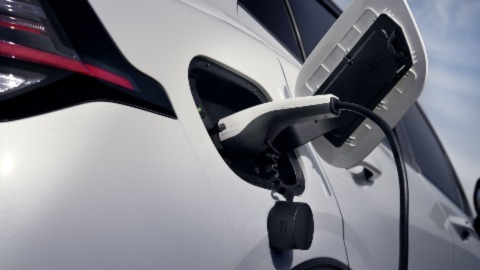
What are the Pros and Cons of Electric Cars in 2025?
Discover the pros and cons of electric cars and find out whether an EV is the right choice for your lifestyle.

Renault ZOE vs Nissan LEAF: Which is More Suitable For You?
We compare a used Renault ZOE and Nissan LEAF to determine which car offers better practicality, features, and overall performance.
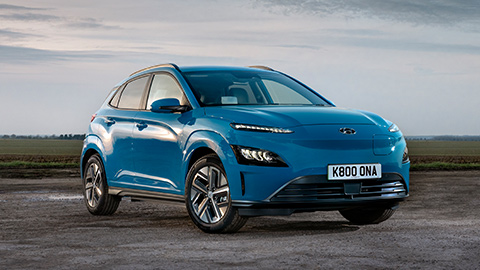
Top 10 Best Used Electric Cars in the UK
Due to the increasing popularity of electric vehicles, there are now plenty of great examples to choose from on the used car market.
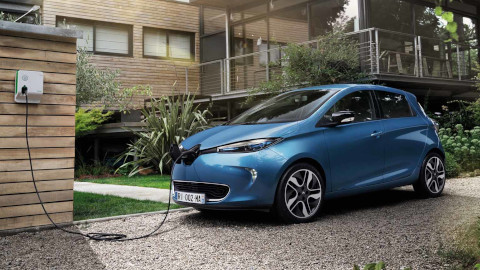
Best Small Electric Cars 2024
Are you considering going electric with your next motor? We highlight the best small electric cars on the market.
Insight
At Evans Halshaw, we understand that there's more to motoring than simply buying, selling and maintaining your vehicle. In our Insight section, we study a wide variety of motor-related topics and uncover interesting points to discuss with your friends.
Latest Insights

10 of the UK's Best Road Trips for Electric Car Drivers
We've ranked the most scenic and accessible road trips across the UK based on key EV-friendly factors.
How do Car Trackers Work? An In-Depth Guide
Ever wondered how car trackers work and why should consider investing in one? This guide has you covered.

What are Self-Driving Cars and How Do They Work?
Explore how self-driving cars work, their benefits, challenges, and what the future holds for autonomous vehicles.

What is the Real Driving Emissions (RDE) Test?
The Real Driving Emissions (RDE) test was introduced to measure vehicle emissions, using real-world driving to gauge how clean new cars really are.
History
Since their introduction many moons ago, cars and vans have become a pivotal means of travel for many around the world. In our History section, we take a look at the heritage of some of the world's most iconic brands and their models.
Latest History Articles

History of Cars Timeline: The Evolution of the Automobile
We take a look at the important milestones in the history and evolution of the motorcar.
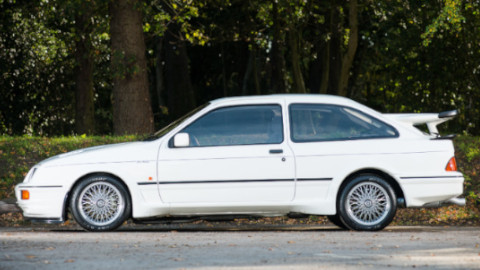
Ford Sierra RS Cosworth | The Most Iconic Fast Ford?
We take a look at back on one of the most notorious fast Ford models to ever exist, the iconic Sierra RS Cosworth.
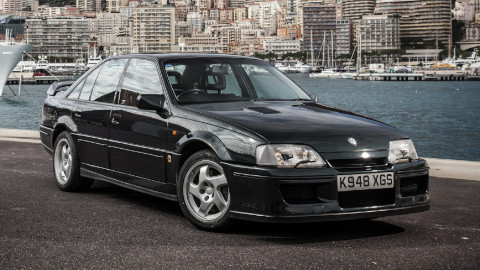
History of the Vauxhall Lotus Carlton
The history of one of the most notorious super saloons to exist; the Vauxhall Lotus Carlton.
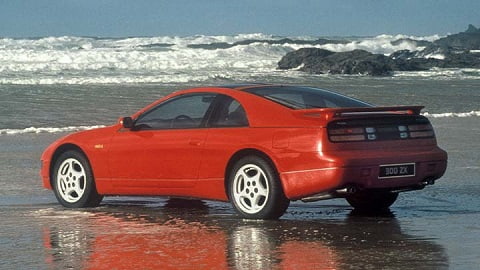
Nissan Cars from the '90s | Five of the Best
Nissan catered to very different markets during the 1990s, as you can discover here.
Spotlight
Latest Spotlight Articles

Ford Escort Cosworth | An Unsuccessful Success?
Another 'Fast Ford' icon, the Escort Cosworth proved you could actually fail, but still become a legend.
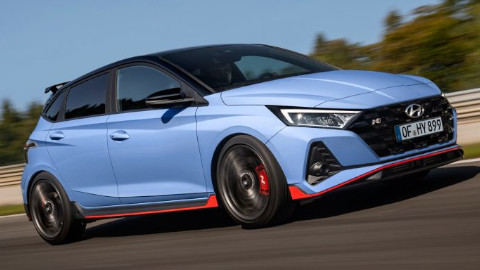
Hyundai i20 N | The Perfect Pocket Rocket?
In this Spotlight article, we take a look at the Hyundai i20 N, is it the perfect little pocket rocket?
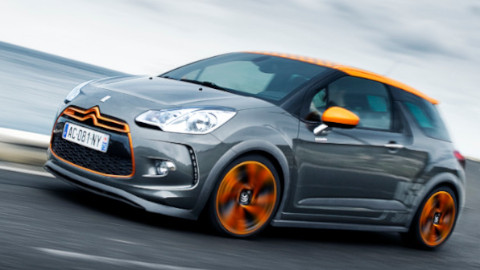
Citroën DS3 Racing | An Overlooked Hot Hatch Bargain?
Another interesting car from Citroën's past. The DS3 Racing had quite the recipe and gave a nod to the brand's rally dominance.
Lifestyle
Latest Lifestyle Articles
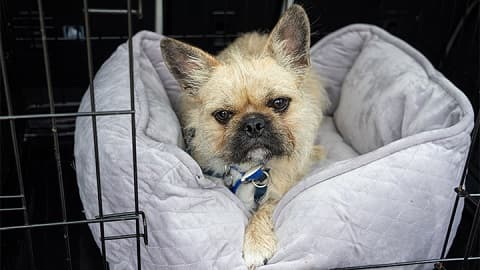
Tips on How to Travel With Your Dog This Summer
Here are some tips for travelling with your dog in the summer

Guide to Travelling in the Car with Your Dog
Learn how to safely travel with a dog in the car with this helpful guide.

How to Keep a Dog Cool in the Car when Travelling
Learn how to keep your dog cool when travelling in the car.

Tips on How to Travel With Your Cat
Here are some tips for travelling with your cat in the car.
Finance
Latest Finance Articles

A Guide to Understanding Negative Equity in Car Finance
When you purchase a car on finance, there's a risk of ending up with negative equity. This guide will explain in detail what negative equity is and how to avoid it.
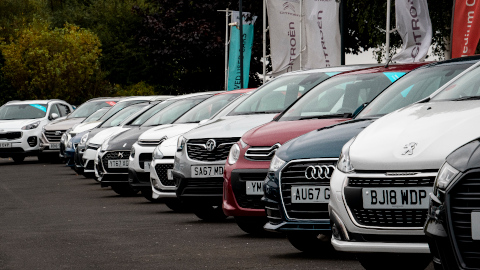
What is Car Leasing and How Does it Work?
We explain the process behind agreeing to a lease deal to help you understand if it's right for you.

What is Guarantor Car Finance and How Does it Work?
Having a guarantor can increase the chances of having a car loan approved. This guide walks you through the pros and cons of having a guarantor.
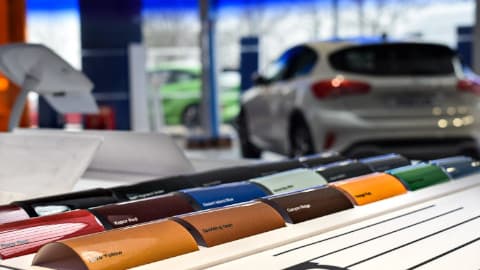
Can You Swap Your Car During a Finance Agreement?
Wondering whether you can change your car whilst in an existing finance agreement? Discover your option in this handy guide.
More from Evans Halshaw
Our blog section is home to a range of interesting and insightful articles, but did you know our news section offers a range of helpful and informative articles too? If you'd rather watch than read, subscribe to EvansHalshawTV on YouTube for the latest video content.

